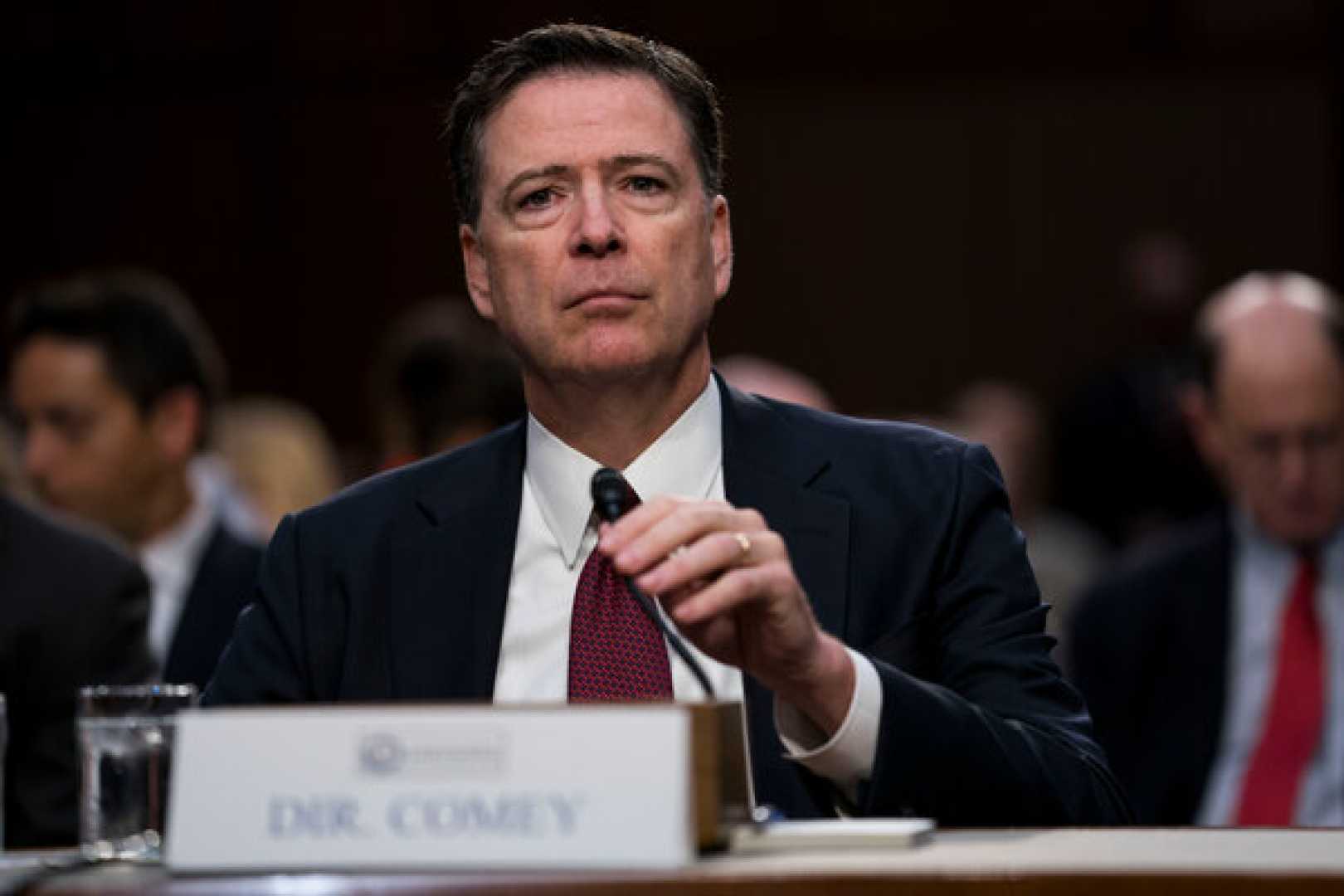News
FBI Indictment Sparks Controversy Over Grand Jury Transcript Integrity

WASHINGTON, D.C. — The U.S. Department of Justice has responded to concerns regarding an alleged gap in the transcript related to the grand jury presentation that resulted in the indictment of former FBI Director James Comey. In a series of court filings last Friday, U.S. Attorney General Pam Bondi and Lindsey Halligan, a special assistant to the president, asserted that the transcript was complete despite suggestions of missing portions.
This controversy arose after Senior U.S. District Judge Cameron Currie highlighted issues with the transcript during a hearing on Thursday. Judge Currie noted that it appeared there was either no court reporter present during a key segment of the proceedings or that the reporter had stopped recording at a crucial time, specifically from 4:30 p.m. until after the indictment was submitted on September 25.
During the hearing, Judge Currie remarked that it was evident Bondi could not have thoroughly reviewed the entirety of the grand jury proceedings since the records were allegedly incomplete. “It became obvious to me that the attorney general could not have reviewed those portions of the transcript,” Currie said.
The significance of the review stems from Bondi’s involvement in Halligan’s appointment and her recent actions regarding both the indictment against Comey and another case involving New York Attorney General Letitia James.
In a court filing dated October 31, Bondi stated that she appointed Halligan as U.S. attorney for the Eastern District of Virginia on September 22, and this appointment allowed Halligan to supervise prosecutions concerning Comey and James. The documents submitted also aimed to formally ratify Halligan’s actions during the grand jury proceedings.
However, Halligan’s authority has been challenged, as her critics argue that her appointment reflects a “fundamental defect” that undermines her ability to prosecute the cases. Ephraim McDowell, an attorney for Comey, stated that Halligan’s appointment lacked proper authority and essentially violated constitutional separation of powers.
In response to the judge’s inquiries, the DOJ submitted multiple documents to clarify the existing grand jury records and assert that the timeline issues raised were misconstrued. The government described a purported gap in the grand-jury record and produced a declaration from Halligan that outlined the sequence of events.
In this declaration, Halligan stated that she and the court reporter had exited the grand-jury room and emphasized that the supposed missing time merely accounted for juror deliberations. “There are no missing minutes, contrary to the suggestion raised by the court,” the filing claims.
As this legal battle unfolds, the court’s scrutiny over Halligan’s authority and the status of the grand jury records may have significant implications on the indictment proceedings against Comey.












